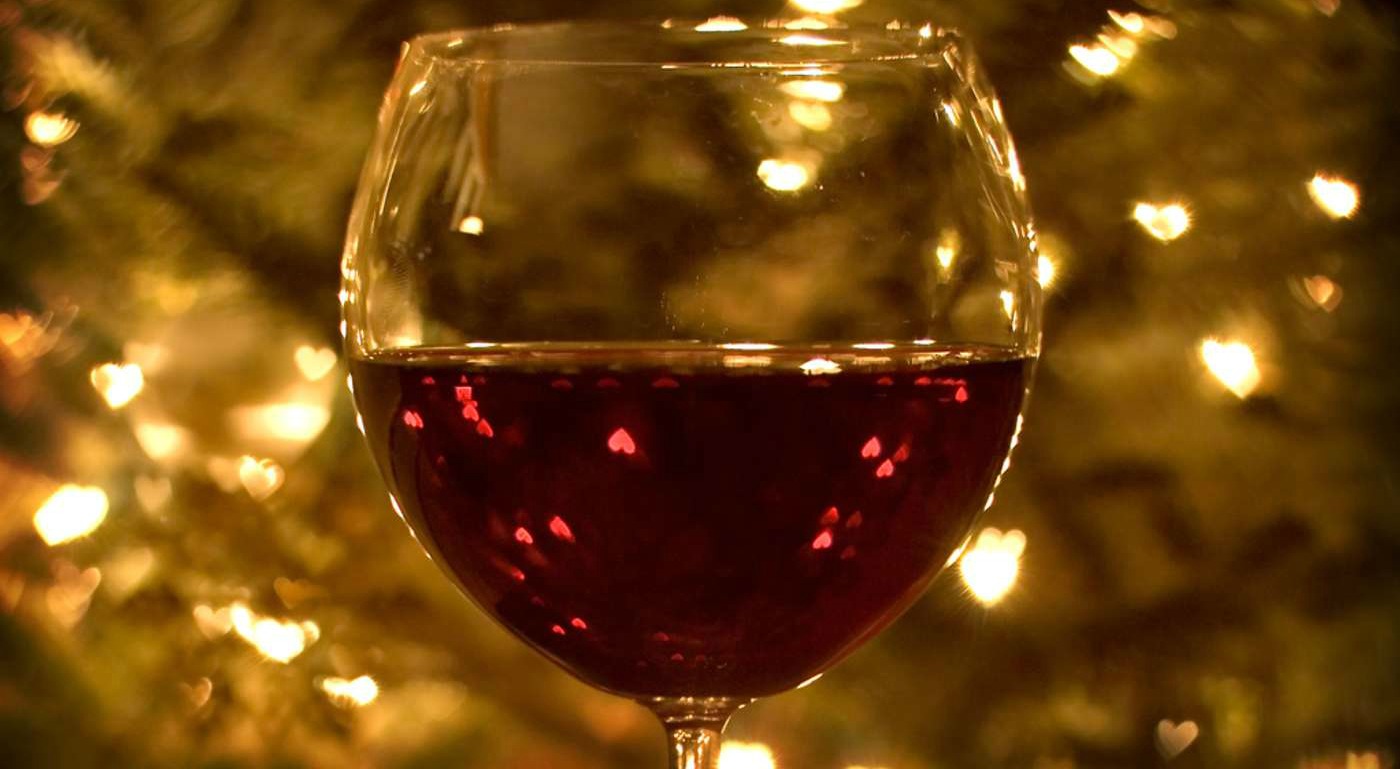
Climate change is set to bring us higher seas, fiercer storms, and—if we’re lucky—better wine.
Rising temperatures driven by human-induced global warming appear to be advancing wine grape harvest dates, according to a study published today in Nature Climate Change. The new findings bode well for wine fans given that early wine grape harvests have long been associated with higher quality wines.
To determine the role of climate in wine grape growth and harvest time, a team of researchers looked at four centuries of harvest data from Western Europe, and compared that information to instrumental climate data collected over the last century, as well as climate re-constructions dating back to 1600. “The way that climate has affected the harvest has fundamentally changed thanks to global warming,” says Benjamin Cook, a climate scientist at the National Aeronautics and Space Administration’s Goddard Institute for Space Studies and lead author on the study.
Before 1980, droughts were often the driving force behind early wine grape harvests; the dry conditions characteristic of droughts led to warm temperatures early in the summer, which in turn accelerated grape maturation.
“After 1980, the climate change signal—the warming from human greenhouse gas emissions—becomes so strong that suddenly you can get these really warm summers and these really early harvests without needing a drought at all,” Cook says.
Cook, along with his co-author, Harvard University’s Elizabeth Wolkovich, also looked at a century of wine quality ratings to find out how they fluctuated with shifts in climate. While their analysis revealed a general drift toward early harvests over the study period, the relationship between wine quality and early harvests may have limits. In 2003, for example, a heat wave struck Europe, bringing about the earliest harvest dates on record.
“You would expect—naïvely—that that year should’ve had really high quality wines,” Cook says. “The harvest occurred about a month early. But if you actually look at the wine quality from that year, it’s kind of mixed: some good wines, some not so good wines, but nothing truly exceptional.”
Climate and harvest date are only two of many factors that influence wine quality—grape type, landscape, and a winemaker’s skill all have a role as well. In other words, the study’s results cannot be used to infer how wine quality will change across Europe. But it can provide winemakers and vineyard managers with a better picture of how climate might influence their crops, and allow them to better plan for the future as the continent warms.

Quick Studies is an award-winning series that sheds light on new research and discoveries that change the way we look at the world.




